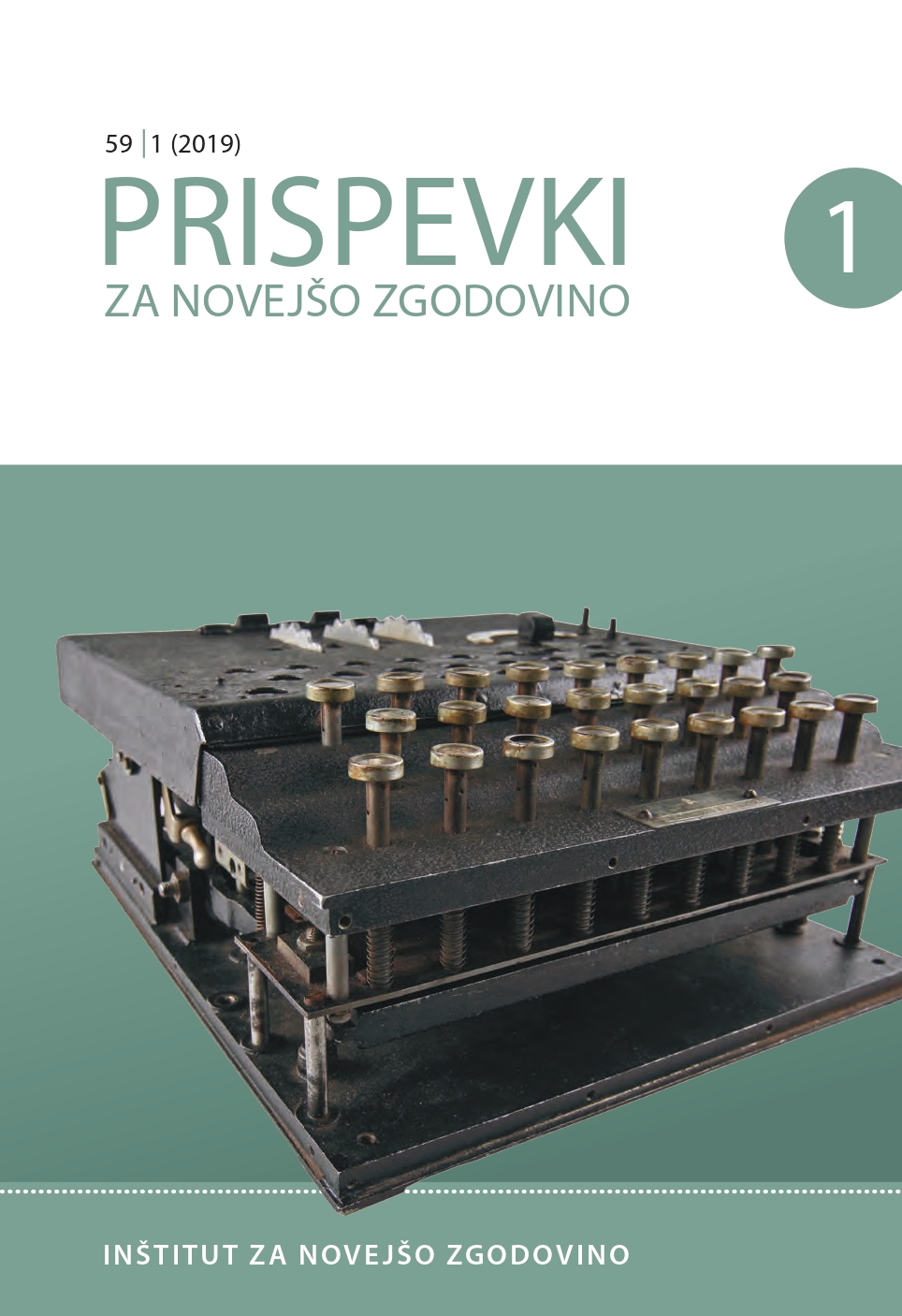You, Thou and Thee: A Statistical Analysis of Shakespeare’s Use of Pronominal Address Terms
You, Thou and Thee: A Statistical Analysis of Shakespeare’s Use of Pronominal Address Terms
Author(s): Isolde Van DorstSubject(s): Theatre, Dance, Performing Arts, Applied Linguistics, ICT Information and Communications Technologies, British Literature
Published by: Inštitut za novejšo zgodovino
Keywords: pronominal address terms; Shakespeare; corpus linguistics; digital humanities; statistical modelling;
Summary/Abstract: This study creates a prediction model to identify which linguistic and extra-linguistic features influence pronoun choices in the plays of Shakespeare. In the English of Shakespeare’s time, the now-archaic distinction between you and thou persisted, and is usually reported as being determined by relative social status and personal closeness of speaker and addressee. However, it remains to be determined whether statistical machine learning will support this traditional explanation. 23 features are investigated, having been selected from multiple linguistic areas, such as pragmatics, sociolinguistics and conversation analysis. The three algorithms used, Naive Bayes, decision tree and support vector machine, are selected as illustrative of a range of possible models in light of their contrasting assumptions and learning biases. Two predictions are performed, firstly on a binary (you/thou) distinction and then on a trinary (you/thou/thee) distinction. Of the three algorithms, the support vector machine models score best. The features identified as the best predictors of pronoun choice are the words in the direct linguistic context. Several other features are also shown to influence the pronoun prediction, including the names of the speaker and addressee, the status differential, and positive and negative sentiment.
Journal: Prispevki za novejšo zgodovino (before 1960: Prispevki za zgodovino delavskega gibanja)
- Issue Year: 59/2019
- Issue No: 1
- Page Range: 29-45
- Page Count: 17
- Language: English

